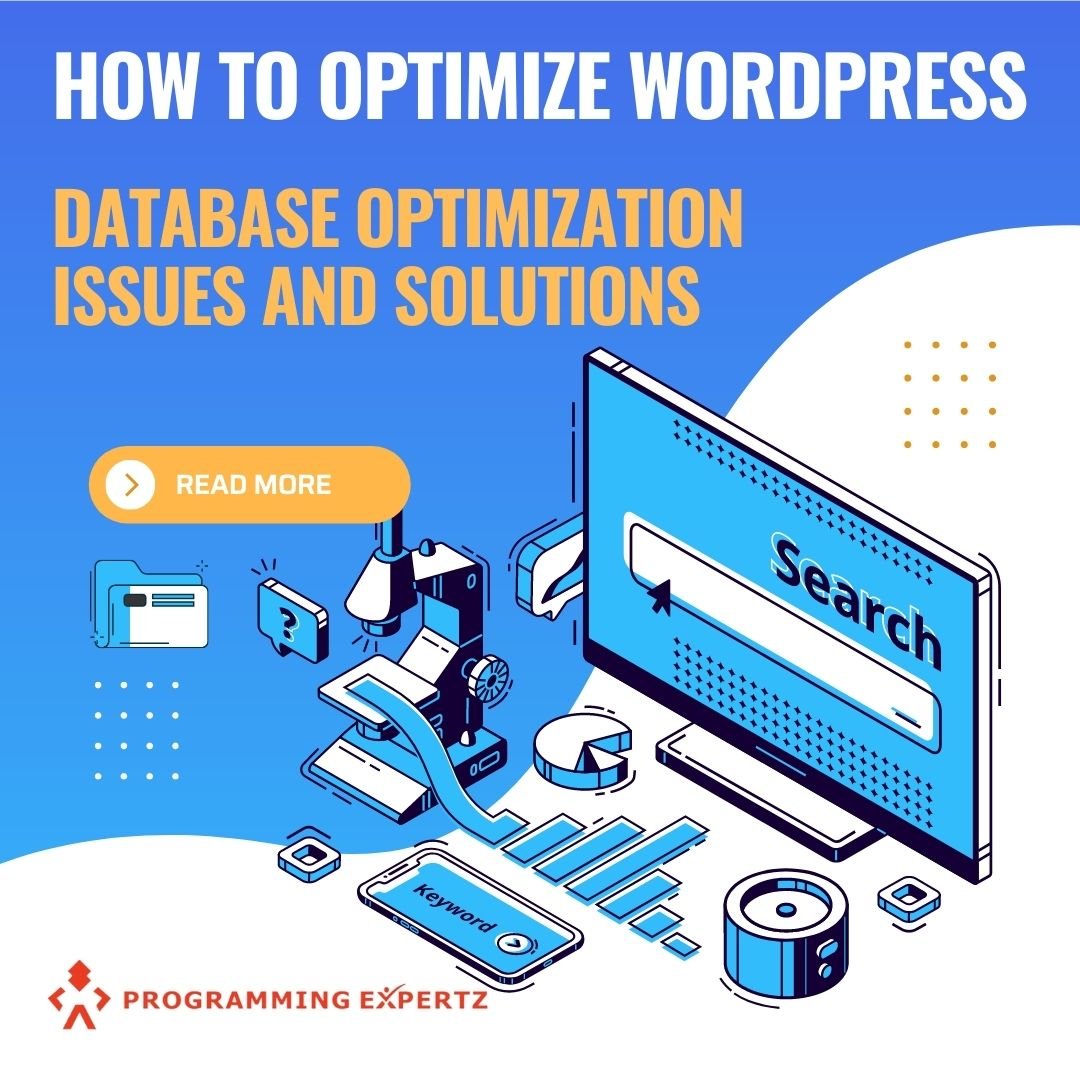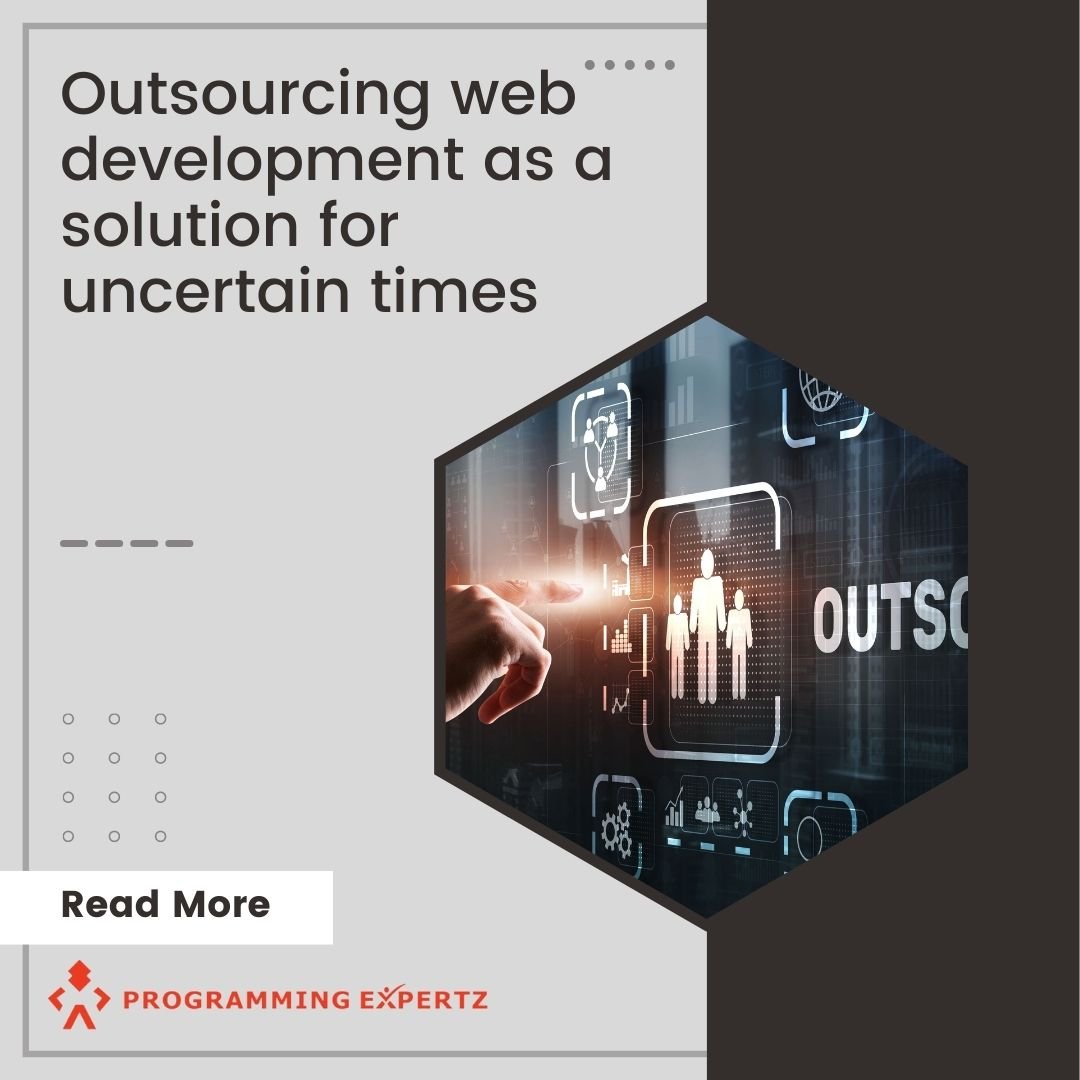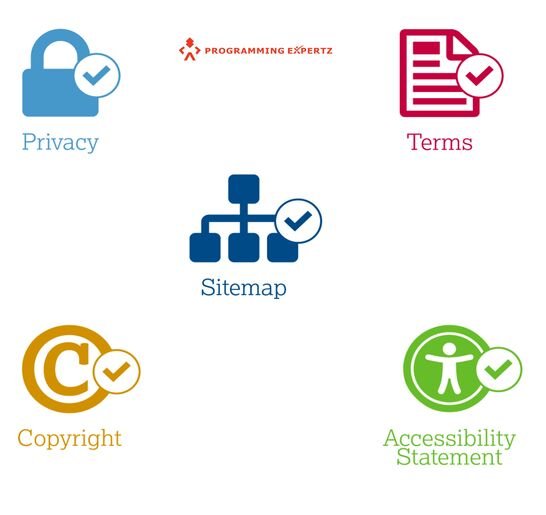Many individuals still don’t believe PHP can be used for large, successful projects in a time when elite organizations are adopting pretty daunting, large-scaled tech stacks for their backend. You’d be surprised, though. What do Facebook, MailChimp, Slack, and Etsy, among other Fortune 500 Internet startups and corporate behemoths, have in common? They’re businesses that run their entire computing infrastructure on PHP.
PHP delivers world-class support for building small-to-large mobile and online products, whether it’s Lyft using PHP to run one of the world’s largest ride-sharing databases or Slack using PHP for the majority of its server-side application logic.
Today, you’ll learn about seven international websites that use PHP, including:
- Facebook’s Wikipedia
- Tumblr’s Slack
- MailChimp
- Etsy
- WordPress
If you just remember one item from this post, make it this:
PHP is here to stay, thanks to rising demand from some of the world’s most powerful software companies. Continue reading to find out more about the top firms that employ PHP in their development processes.
What exactly is PHP?
Rasmus Lerdorf released PHP as an easy server-side scripting language in 1994, starting as a little open-source effort.
The following is a quick summary of PHP:
- “Hypertext Processor” is an acronym for “Hypertext Processor.”
- It’s an open-source scripting language that’s frequently utilized in small and large industrial applications.
- PHP scripts are directly run on the server.
- Its compilers and extensions can be downloaded and used for free.
- PHP allows software developers to immediately integrate logic into web page content development and efficiently manage data returned from a web browser, just like any other standard programming language.
- PHP also comes with several pre-installed extensions that make it simple for programmers to interface with databases.
The language is intuitively designed to extract essential data for display on a web page and store any information submitted by a website visitor into the script’s associated database.
- PHP is made up of two simple components: a scripting language and an interpreter.
- Scripts can be used by web and PHP developers to specify server-side behavior and logic in web apps.
- These scripts can easily be integrated with HTML markup documents that are served to the webserver’s frontend.
- An interpreter is a type of backend module that works with the webserver.
- It turns scripts into explicit commands that the computer performs to accomplish the outputs specified by the web developer in the script.
PHP’s most essential features
PHP is capable of performing the following tasks with ease:
- Creating dynamic page content that can be changed quickly
- On the server, creating, opening, reading, writing, and closing files
- The ability to collect data from forms (which is a widespread application, by the way!)
- Cookies are sent and received to control user access.
- Encryption of critical user information
What Are the Benefits of PHP Programming?
Take a look at some of PHP’s best attributes as a server-side programming language before going into the business benefits:
- PHP has cross-platform programs that work on Windows, Linux, Unix, Mac OS X, and various other platforms.
- It works with almost all current servers (e.g., Apache, IIS, etc.)
- It’s free to use and open-source. It’s available for download at https://php.net.
- PHP is simple to learn and run/modulate on the server with ease.
What Are the Benefits of Using PHP?
Integrating PHP into your company’s server-side software development cycle has a lot more exciting business impact.PHP wins developers over by saving money and time while yet providing flexibility and scalability to teams.
Among the benefits are:
- PHP’s open-source delivery helps you save money.
- Although open-source programming languages are not foreign to the average developer in the twenty-first century, they offer a distinct advantage for businesses trying to grow their PHP development workflow.
- PHP is a free programming language that does not require any downloads or license costs. This widely available distribution has resulted in a sizable and active international community.
- Continuous improvements in functionality and a rising pool of resources and facilities are the product of a nearly three-decade-old open-source software community.
- Every year, hundreds of viable, out-of-the-box PHP-based solutions are released, removing the need for developers to “reinvent the wheel.”
- PHP Programming Saves Time
- PHP is a somewhat object-oriented programming language that aims to make code as reusable as feasible.
- In the software development cycle, reusable PHP components save hours of time and effort.
- PHP frameworks like Symfony, CodeIgniter, Laravel, Joomla, and WordPress provide functionality and quick and secure development procedures, reducing stress for the entire team.
- PHP has been tailored for web application programming since its inception, with built-in GET and POST capabilities and HTML and URL script functionality.
- For firms, this reduced time translates to less busy work and a faster return on investment.
- PHP code is adaptable and versatile.
- PHP code is cross-platform, as previously stated. PHP is compatible with various operating systems, including Windows, Unix, Linux, and macOS.
- The server-side flexibility of PHP is even better.
- PHP’s backend supports more than 20 databases, including MySQL, MongoDB, PostgreSQL, and others, as well as servers such as Apache, Microsoft IIS, Netscape, iPlanet, Caudium, Xitami, and Tornado.
- Businesses may build cross-platform applications with PHP without worrying about compatibility issues.
- Organizations can now make use of their existing IT infrastructure at little or no cost.
- PHP’s lightning-fast performance aids in customer retention.
- Page loading speed is critical for efficiently retaining website audiences.
- Unfortunately, the average human attention span is only 6-8 seconds. Thus if a website’s databases are slow, users will rapidly leave and leave a negative impression.
On the other hand, PHP ensures short turnaround times by employing fast data processing tools, excellent customization capability, and a seamless interface with a wide range of custom management systems.
Comparison of PHP Performance
- PHP scripts can address real-time problems far faster than other static programming languages because it was designed with dynamic web page production in mind.
- PHP scripts may be readily inserted into HTML files, allowing developers to quickly transform static website code into dynamic frontend apps.
Overall, PHP is a fantastic programming language for building full-featured websites using static HTML.
PHP Is Used By 7 Global Websites
1. Facebook Possibly the most well-known social networking online program, Facebook was primarily built with PHP and has over 1.49 billion active members.
Since its inception in 2004, Facebook has taken advantage of PHP’s capacity to generate dynamic content in a matter of seconds. Both Zuckerberg and Moskowitz wrote the primary Facebook application code in PHP when it was first created. As a result of this domino effect, PHP is now used by many modern tech organizations.
- HipHop for PHP (HPHPc), a transpiler or translator that converts source code into source code in another language, was introduced by Facebook in 2010.
- HipHop for PHP converts PHP code to C++, which is subsequently compiled into binary for execution.
- HipHop for PHP was eventually phased out in favor of the HipHop Virtual Machine (HHVM) in 2013.
This resulted in significantly better performance as well as simplified development and deployment processes.
2. Wikipedia
Wikipedia is one of the most popular public information websites that employ PHP as a programming language and MySQL/MariaDB as a database backend. Similar to Facebook, they migrated to HHVM in 2014 and were able to load page data roughly twice as quickly.
3. Tumblr
The Tumblr community, the origin of memes, has over 325 million blogs and 555 million monthly visitors. Tumblr switched to PHP7 in 2016, citing significant performance improvements and new language features such as scalar type hints and return type declarations.
4. Slackness
Slack, founded in 2009 as the go-to team communication platform, has a market capitalization of over $4 billion and over 3 million daily users. Slack uses PHP in its backend to increase workflow productivity while reducing program faults and speeding up web request time.
5. MailChimp
It’s no surprise that the backend of one of the most well-known email marketing companies uses scalable PHP databases. MailChimp utilizes PHP to deliver over 400 million emails to its 7 million registered subscribers as of 2014. “It’s the only language we use for everything affecting the production MailChimp application,” the email marketing behemoth emphasizes.
6. Etsy
With over 45.7 million active buyers, Etsy has risen to become one of the top 10 most popular retail PHP websites in the United States. Etsy is now one of the most popular PHP-based e-commerce platforms. Etsy is the most competitive company in the retail industry that uses PHP among the top corporations.
They really recorded their webpage performance optimization experiments with HHVM. They also developed Phan, a static analyzer that can detect incompatibilities between PHP5 and PHP7 automatically.
7. WordPress
Finally, it’s no surprise that PHP connects with databases and retrieves data by the most popular content management system. In a nutshell, PHP is utilized to get crucial database components and output them as static HTML. Millions of active daily users can create/use templates and drag/drop website UI components with little to no coding skills.
Conclusion
Companies have saved hours in lost daily time thanks to PHP’s dynamic nature as a scripting language, allowing them to maximize long-term ROI.
One thing is abundantly evident, given PHP7’s rapid surge and consistent acceptance as a server-side language among prominent IT and retail companies: PHP7 is here to stay. Business and software development teams should seriously consider PHP. egardless of how these top seven organizations used PHP in their development stack, they all guaranteed that top-tier expertise was used to complete the task. Our experienced PHP developers at Programming Expertz have the technological know-how to create dynamic server-side backends for your online and mobile applications.
Get in touch with Programming Expertz today to discover more about how to employ a PHP developer.








